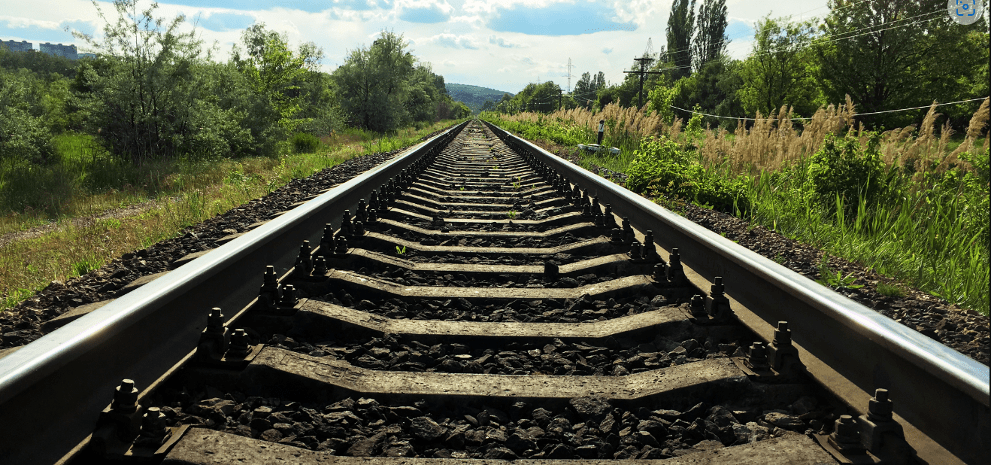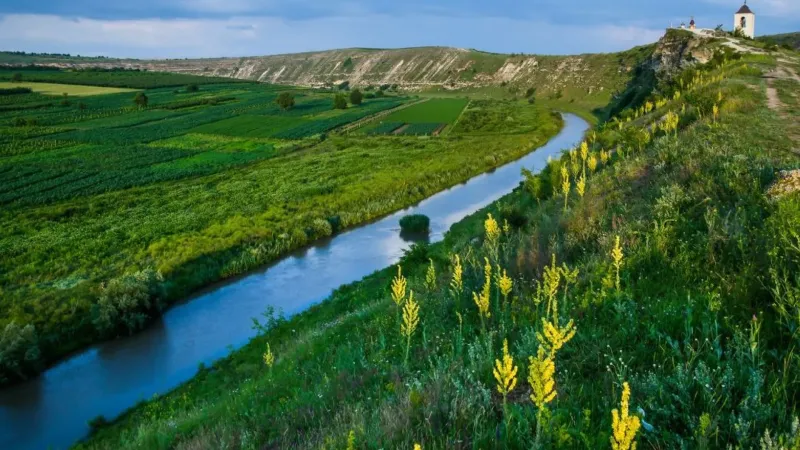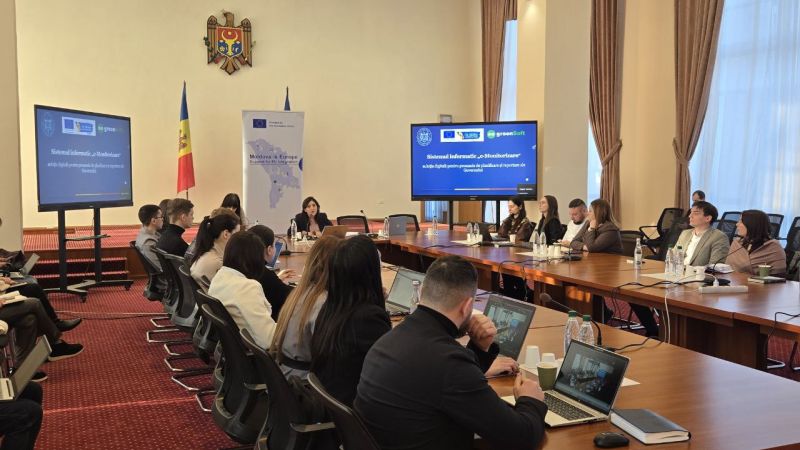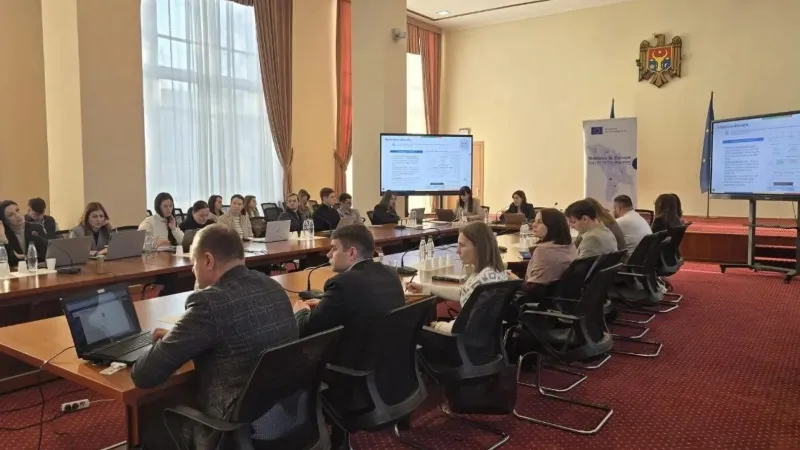
BERD și UE sprijină proiectul de reabilitare a Căilor Ferate din Moldova
Pachetul de finanțare în valoare de 71 de milioane de euro pentru reabilitarea a două tronsoane de cale ferată va facilita transportul din Ucraina către Uniunea Europeană prin Moldova
- BERD aprobă un împrumut de 23 de milioane de euro, iar UE contribuie cu un grant de investiții de 20 de milioane de euro pentru Căile Ferate din Moldova
- Pachetul de finanțare pentru reabilitarea a două segmente de cale ferată va stimula economia
- Îmbunătățirile vor facilita transportul de mărfuri din Ucraina către UE prin Moldova
Banca Europeană pentru Reconstrucție și Dezvoltare (BERD) și Comisia Europeană au aprobat un pachet financiar prin care UE va acorda un grant de investiții de 20 de milioane de euro pentru un proiect de reabilitare a două tronsoane cheie de linii de cale ferată din Moldova. BERD va oferi guvernului Republicii Moldova 23 de milioane de euro. Cele 28 de milioane de euro din costurile proiectului de 71 de milioane de euro vor fi suportate de Căile Ferate din Moldova.
Reabilitarea tronsoanelor care aparțin Coridorului Feroviar Nord-Sud al Moldovei va stimula dezvoltarea economică a Moldovei și va facilita transportul mărfurilor din Ucraina către Uniunea Europeană prin Moldova. Cele două state, Ucraina și Moldova, au primit statutul de candidat la UE în 2022.
Proiectul a fost lansat în cadrul reuniunii anuale a BERD de la Samarkand din 2023 de către președintele BERD, Odile Renaud-Basso, și de vicepreședintele executiv al Comisiei Europene, Valdis Dombrovskis. Finanțarea Uniunii Europene vine prin Componenta de răspuns rapid a Instrumentului de vecinătate, dezvoltare și cooperare internațională – Europa globală (NDICI – GE).
Căile Ferate din Moldova vor fi responsabile de implementarea proiectului.
De când Rusia a invadat Ucraina în februarie 2022, incertitudinea cu privire la viabilitatea exportului pe mare a producției de cereale a Ucrainei în cantități mari a impulsionat eforturile de a identifica rute alternative care să asigure securitatea alimentară globală.
Proiectul urmărește să asigure creșterea potențialului logistic și de tranzit al Moldovei și sporirea eficienței operaționale a infrastructurii regionale prin reabilitarea infrastructurii feroviare, pentru început a tronsonului feroviar Vâlcinet – Bălți – Ungheni din Moldova, iar apoi, în a doua fază a lucrărilor, a tronsonului Chișinău – Cainari.
De asemenea, proiectul va contribui la securitatea alimentară, facilitând accesul mărfurilor ucrainene la cel mai mare port operabil din Marea Neagră, Constanța, precum și la porturile din România, Moldova și Ucraina, la Galați, Reni, Ismail și Giurgiulești. Acestea au o capacitate de operare cumulativă care poate absorbi o parte semnificativă a nevoilor de export ale Ucrainei.
Transportarea acestor mărfuri pe calea ferată va reduce, de asemenea, emisiile de carbon ale Moldovei. În prezent, capacitatea redusă a rețelei înseamnă că majoritatea mărfurilor spre vest din Ucraina, prin Moldova, sunt transportate utilizând infrastructura rutieră, care consumă mai mult carbon. Proiectul va crește capacitatea rețelei și va ridica restricțiile de viteză.
BERD, cel mai mare investitor instituțional al Republicii Moldova, a oferit până în prezent peste 2 miliarde de euro în 163 de proiecte.







